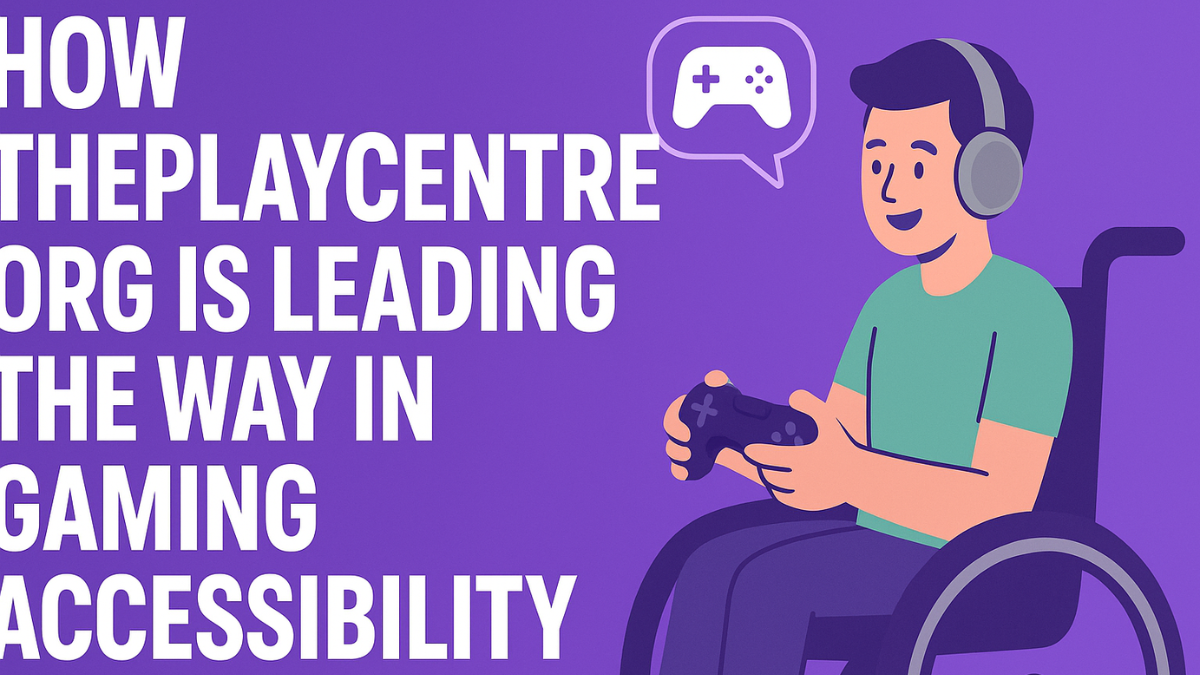Lifestyle Changes for Better Work-Life Balance
In today’s fast-moving world, many of us struggle to balance work responsibilities with personal life. Between office deadlines, family time, social commitments, and personal well-being, it often feels like there aren’t enough hours in a day. This constant juggling can lead to stress, burnout, and even health problems. The good news is that small but intentional lifestyle changes can make a big difference.
A healthy work-life balance is not about splitting your time perfectly in half between work and life—it’s about creating harmony where neither side feels neglected. By making mindful choices in daily routines, habits, and mindset, you can reduce stress and create more space for both productivity and happiness.
Let’s explore practical lifestyle changes that can help you achieve a better work-life balance.
1. Prioritize and Set Boundaries
One of the most important lifestyle changes is learning to set clear boundaries. Many people struggle with saying “no” to extra tasks at work or unnecessary commitments in personal life.
- At work: Define your working hours and try to stick to them. If possible, avoid answering emails or work calls outside those hours.
- At home: Let family and friends know your limits when you need personal time to recharge.
Setting boundaries doesn’t mean you’re being selfish—it means you’re respecting your own time and energy.
2. Create a Structured Routine
A balanced life thrives on routine. Having a structured daily schedule helps reduce stress and improves productivity.
- Wake up and sleep at consistent times.
- Dedicate specific slots for work, meals, exercise, and relaxation.
- Use a planner or digital calendar to stay organized.
When you stick to a routine, you spend less time worrying about what comes next and more time being present.
3. Learn to Disconnect Digitally
Technology is amazing, but it often blurs the line between work and life. Many of us carry our offices in our pockets through smartphones and laptops.
- Avoid checking work emails before bed.
- Turn off unnecessary notifications.
- Designate “no-phone” times, like during meals or family gatherings.
By disconnecting digitally, you create mental space to enjoy the moment without constant interruptions.
4. Take Care of Your Health
Work-life balance is nearly impossible without good physical and mental health. Make time for simple yet effective self-care practices:
- Exercise regularly: Even a 20-minute walk can refresh your mind.
- Eat balanced meals: Avoid skipping breakfast or relying too much on fast food.
- Sleep well: Aim for 7–8 hours of quality rest.
When you take care of your body, your energy and focus naturally improve, making it easier to balance work and personal life.
5. Use Your Breaks Wisely
Many people work through lunch or skip breaks, thinking it makes them more productive. In reality, short breaks boost concentration and creativity.
- Step outside for fresh air.
- Stretch or do light exercises.
- Meditate or practice deep breathing.
Even five minutes of mindful relaxation can recharge your energy for the rest of the day.
6. Practice Time Management
Good time management is a lifestyle shift that helps you get more done without feeling overwhelmed.
- Prioritize tasks: Tackle the most important ones first.
- Break large tasks into smaller steps: This prevents procrastination.
- Avoid multitasking: Focus on one thing at a time for better results.
When you manage your time effectively, you can free up hours for hobbies, family, and rest.
7. Embrace Flexibility
Life is unpredictable. Some days work may demand more attention, while other days personal matters may take priority. Instead of trying to control everything, embrace flexibility.
- Adjust your schedule when needed.
- Give yourself permission to take a day off if you’re feeling drained.
- Don’t feel guilty for choosing family time over extra work.
Flexibility creates balance over the long run, even if every single day isn’t perfectly divided.
8. Nurture Relationships
A fulfilling personal life plays a big role in balancing work. Make time to strengthen relationships with loved ones.
- Schedule regular family dinners.
- Call a friend instead of only texting.
- Plan weekend activities with your partner or kids.
Meaningful connections remind you that life is more than just deadlines and projects.
9. Explore Hobbies and Passions
Work shouldn’t be the only thing that defines you. Having hobbies or creative outlets adds joy and reduces stress.
- Try painting, gardening, or reading.
- Learn a new skill like cooking or photography.
- Join a club or group where you meet people with similar interests.
Doing things you genuinely love brings balance and happiness into your daily routine.
10. Practice Mindfulness and Relaxation
Balancing life is not just about managing time but also about managing your mind. Mindfulness practices help you stay present instead of stressing about the past or future.
- Meditate for 10 minutes daily.
- Practice gratitude by writing down three things you’re thankful for.
- Use breathing exercises to calm your mind when stressed.
Relaxation techniques not only reduce anxiety but also make you more productive at work and more present in personal life.
11. Seek Professional Help if Needed
Sometimes, lifestyle changes may not be enough, especially if you’re dealing with chronic stress, anxiety, or burnout. In such cases, seeking professional help is important.
- Talk to a therapist or counselor.
- Join support groups for work-related stress.
- Don’t hesitate to discuss flexible work options with your employer.
Professional support can guide you toward a healthier and more balanced life.
12. Celebrate Small Wins
Finally, acknowledge and celebrate progress. Work-life balance is not achieved overnight—it’s a continuous journey.
- Reward yourself for finishing a tough project.
- Appreciate yourself for taking time off to rest.
- Recognize that every step toward balance counts.
Celebrating small wins keeps you motivated to maintain these positive changes.
Final Thoughts
Achieving better work-life balance is less about perfection and more about consistency. By making intentional lifestyle changes—like setting boundaries, prioritizing health, managing time wisely, and nurturing relationships—you can reduce stress and enjoy life more fully.
Remember, work is important, but so is living. Balance is about creating space for both without letting one overwhelm the other. Start small, stay consistent, and watch how your life gradually transforms into something more peaceful and fulfilling.
FAQs
1. Why is work-life balance important?
Work-life balance reduces stress, prevents burnout, and allows you to enjoy both professional success and personal happiness. Without it, you risk health issues and strained relationships.
2. How can I set boundaries without upsetting my boss or colleagues?
Communicate clearly and respectfully. Let them know your working hours and be consistent. Often, people respect boundaries when they see you value your time.
3. What are simple daily habits that improve work-life balance?
Simple habits include taking short breaks, limiting screen time, exercising, sleeping well, and scheduling time for hobbies or loved ones.
4. Is it possible to have perfect balance every day?
No, and that’s okay. Some days work may take priority, while other days personal life does. Balance is about harmony over time, not perfection every single day.
5. What if I still feel stressed despite making these changes?
If stress continues, consider seeking professional help. A counselor or therapist can provide personalized strategies to manage stress and improve overall well-being.
news via inbox
Mail us for latest news and updates







